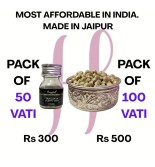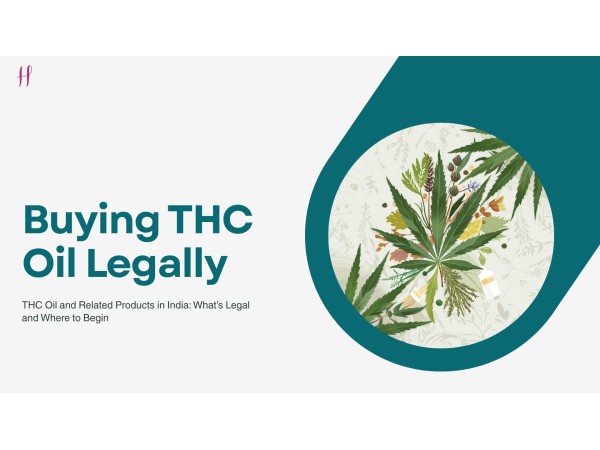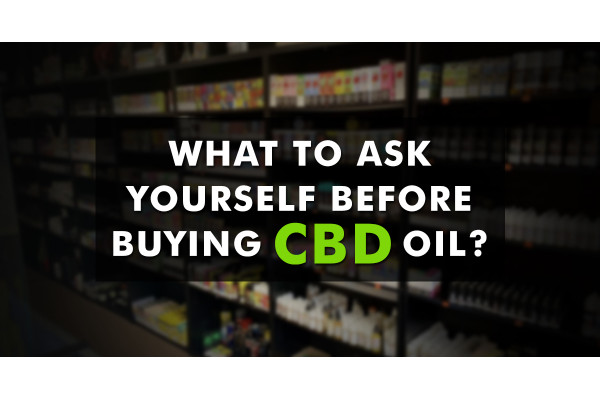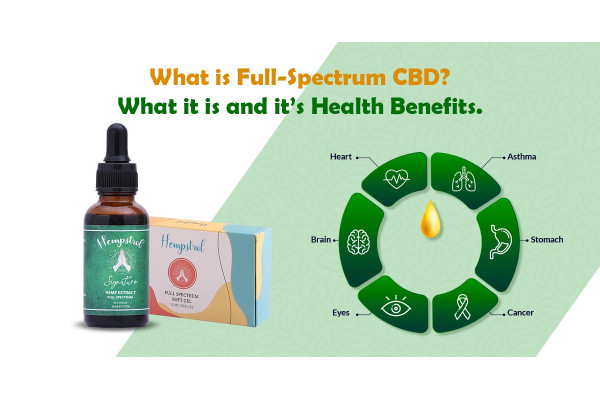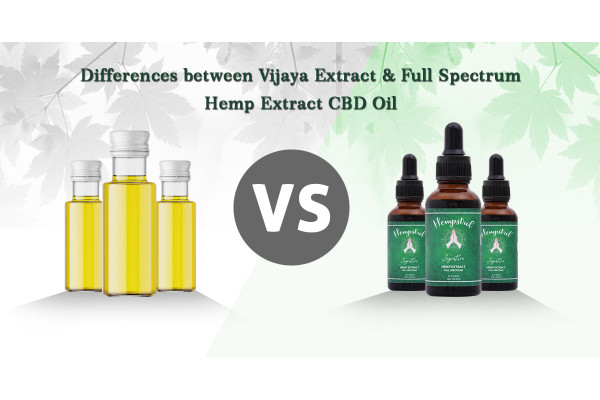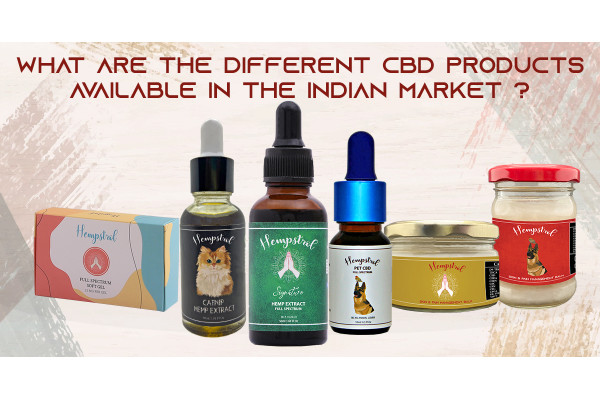Buying THC Oil and Related Products in India: What’s Legal and Where to Begin
In recent years, India has seen a surge of interest in cannabis-based wellness products, from CBD oils to hemp protein powders. But when it comes to THC oil, things get more complicated. Unlike CBD, which is non-psychoactive, THC (tetrahydrocannabinol) is the compound responsible for the “high” in cannabis. Its use is strictly regulated in India, and understanding what’s legal—and what isn’t—is the first step before considering a purchase.
THC vs. CBD: Knowing the Difference
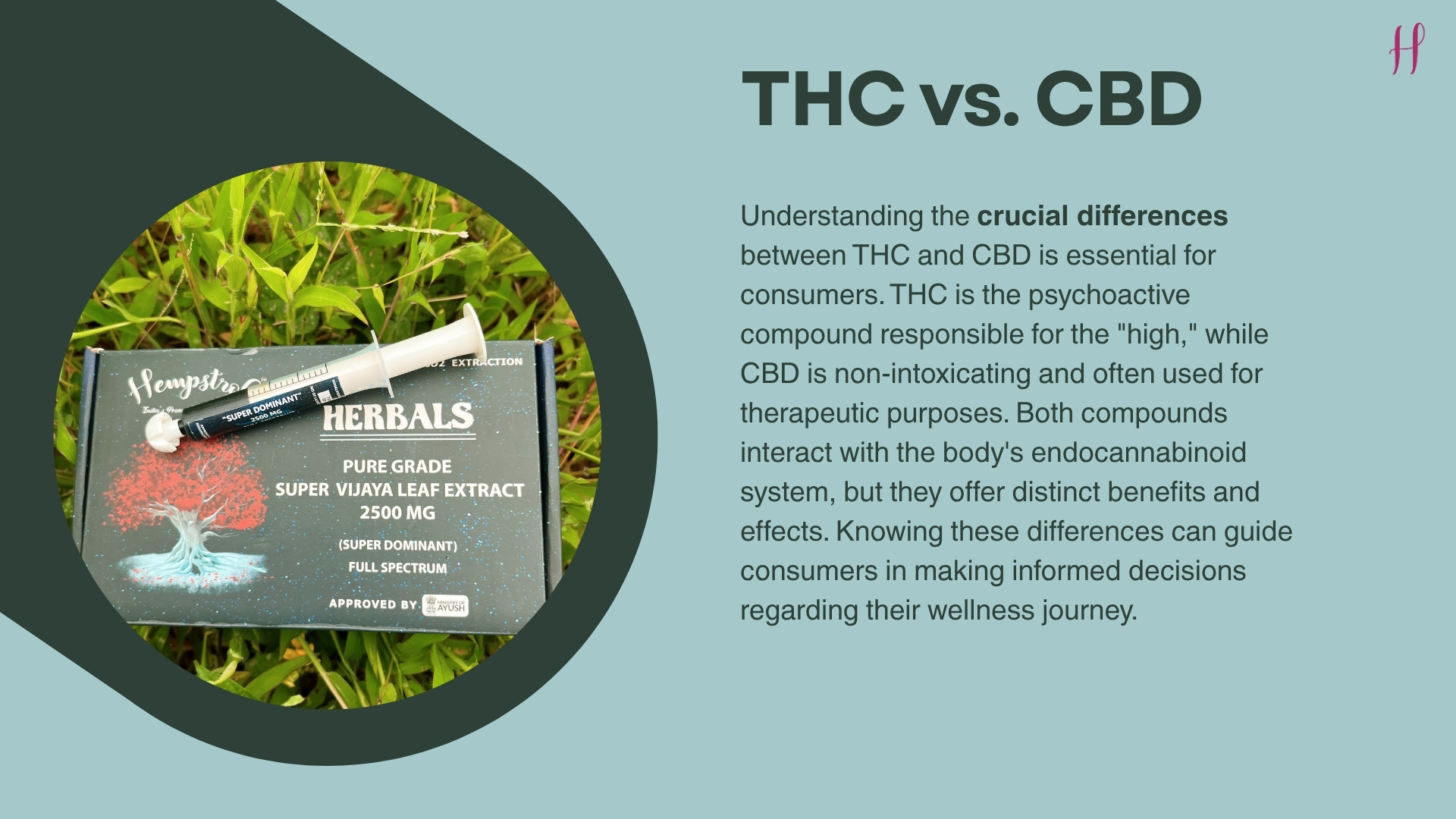
Before diving into legality, it’s important to distinguish between thc oil buy India and CBD.
THC (Tetrahydrocannabinol): The psychoactive component of cannabis, known for its intoxicating effects.
CBD (Cannabidiol): Non-psychoactive and widely used for therapeutic benefits such as stress relief, pain management, and improved sleep.
While CBD products with minimal THC (under 0.3%) are available in India, THC oil in its pure form falls under a different category altogether.
What the Law Says About THC Oil in India
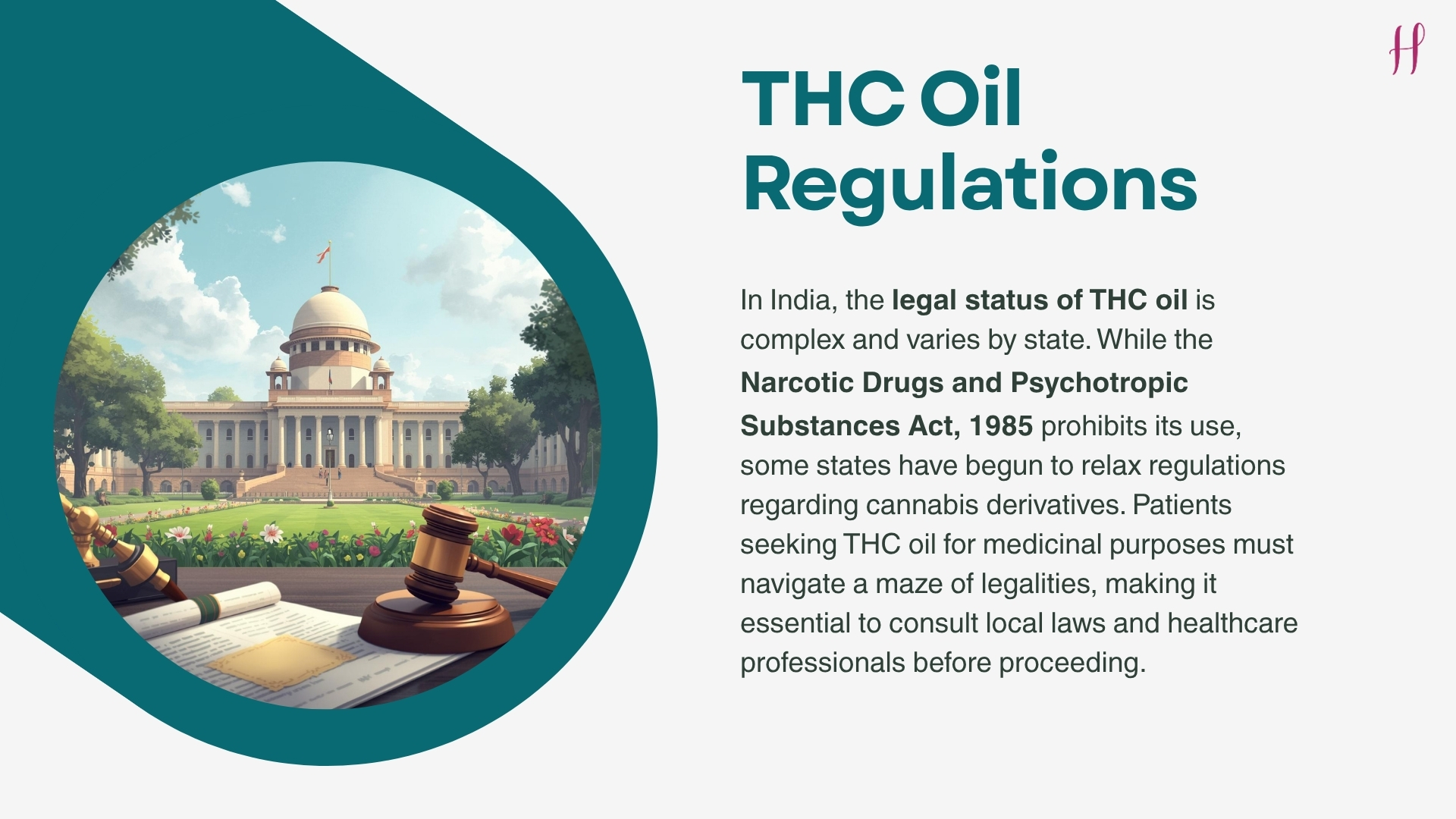
India’s cannabis laws are primarily governed by the Narcotic Drugs and Psychotropic Substances (NDPS) Act, 1985. Under this act:
Extracts of cannabis containing THC are considered narcotics and are heavily restricted.
Recreational use of THC-rich products remains illegal.
Medical cannabis formulations containing THC may be permitted under a doctor’s prescription if licensed manufacturers produce them.
The catch: very few licensed companies in India are authorized to produce and sell cannabis extracts with THC, and these are typically positioned as Ayurvedic or prescription medicines. This means you can’t simply walk into a store or order THC oil online without proper approvals.
Legal Avenues for THC Products
Despite restrictions, there are legal ways to access THC-containing products in India, but only under certain frameworks:
Ayurvedic Cannabis Medicines – Some licensed Indian companies, such as those working with the Ministry of AYUSH, manufacture cannabis-based formulations that may contain controlled levels of THC. These are often marketed for chronic pain, insomnia, or other conditions.
Doctor’s Prescription – THC oils or capsules, when available, require a prescription from an Ayurvedic or allopathic practitioner authorized to recommend cannabis-based medicines.
Licensed Dispensaries and Suppliers – A handful of companies like BOHECO (Bombay Hemp Company) and Hempstrol are creating pathways for medical cannabis access. These products are generally not recreational in nature but targeted at therapeutic use.
Where People Go Wrong
The rising interest in cannabis has led to a flood of online sellers, many of whom operate in a legal grey area. Some points of caution:
Imported THC Oils: Ordering THC oils from abroad (especially from North America or Europe) is illegal and may result in customs seizures or legal trouble.
Unverified Online Stores: Many websites sell so-called “THC oils” that are either fake, mislabeled, or unsafe.
Misleading Labels: Some products claim to be THC oil but actually contain only hemp seed oil (which has no cannabinoids at all).
This is why buyers need to be extremely careful and always cross-check legitimacy.
Starting Point: If You’re Considering THC Oil
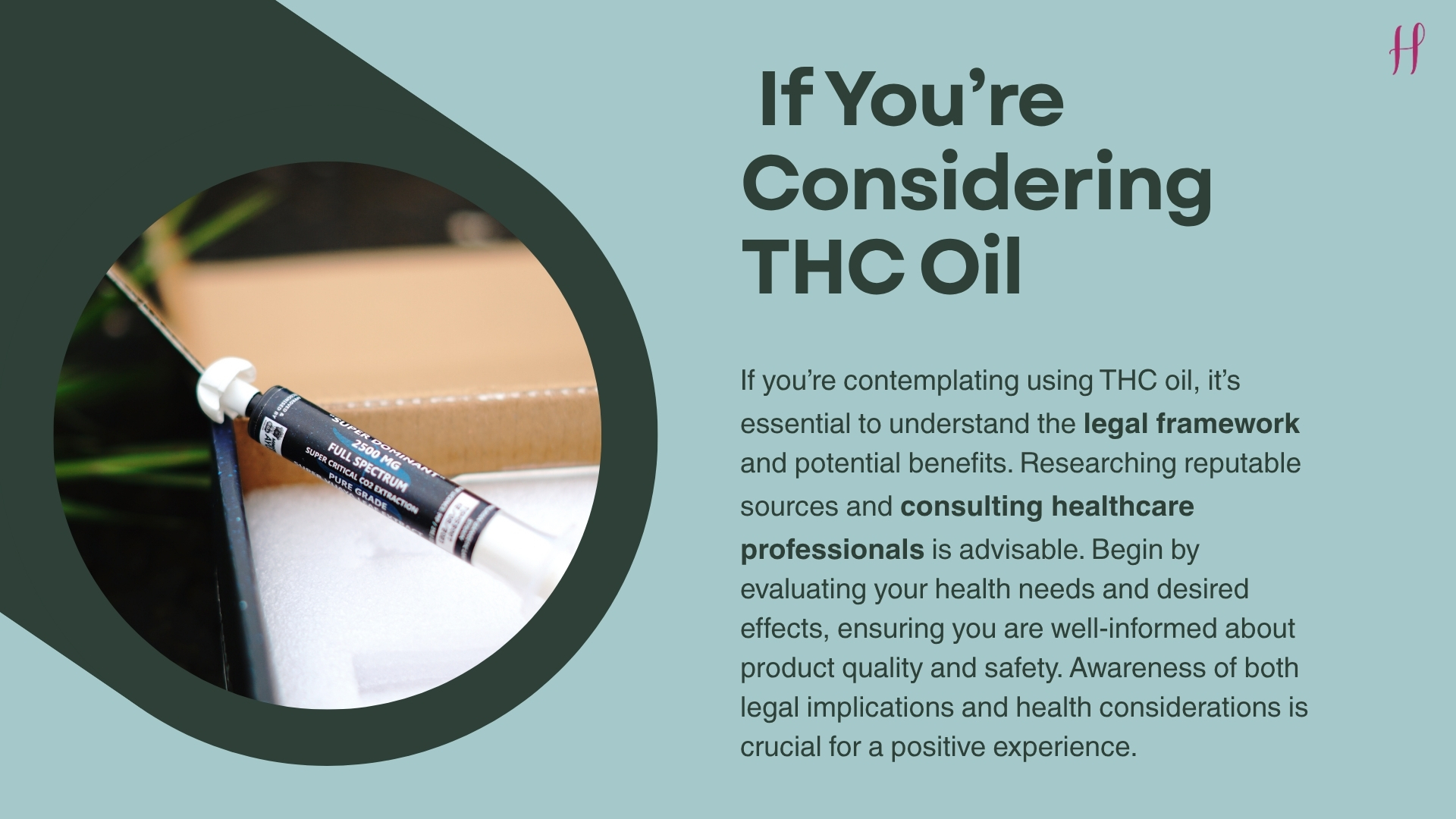
If you’re exploring THC-based products in India, here’s a roadmap to begin safely and legally:
Identify the Need – thc oil buy India oil is not for casual use. It is generally considered only when CBD alone does not provide enough relief, such as in severe chronic pain, neurological conditions, or cancer-related symptoms.
Consult a Doctor – A licensed doctor or an Ayurvedic practitioner familiar with cannabis medicine can guide whether THC-based formulations are appropriate for your case.
Check Licensed Suppliers – Look for brands recognized by the Ministry of AYUSH or operating under legal frameworks. Always ask for certificates of analysis, batch reports, and proof of licensing.
Understand Dosage – THC oil requires precise dosing, as even small variations can cause unwanted psychoactive effects. Medical guidance ensures safer use.
What Alternatives Exist?
For those curious about cannabis wellness but not eligible for THC-based medicines, there are safer and legal alternatives:
CBD Oils – Widely available in India with less than 0.3% THC, suitable for stress, anxiety, or pain relief.
Hemp Seed Oil & Protein – Nutritional products with zero cannabinoids but excellent for general wellness.
Full-Spectrum CBD (Low THC) – Contains trace amounts of THC within the legal limit, offering an “entourage effect” without intoxication.
These products provide therapeutic benefits while staying within the legal framework.
Risks of Misusing THC Oil
While buy thc products has recognized medical value, misuse or overuse can have downsides:
Psychoactive effects like paranoia, dizziness, or drowsiness
Legal consequences if purchased or used without authorization
Dependency risk with long-term unsupervised use
This is why India treats THC products cautiously, restricting them only to supervised medical contexts.
At last,
Buying THC oil in India isn’t straightforward—it’s not like purchasing CBD or hemp products. The law is clear that recreational THC is illegal, but medical formulations are possible through specific legal and Ayurvedic channels.
If you’re genuinely exploring THC oil for medical reasons, the safest path is through licensed suppliers, medical guidance, and full legal compliance. For general wellness, CBD and hemp-based alternatives remain the more accessible and legally secure choice.
As cannabis laws continue to evolve in India, awareness and caution are key. By starting with the right knowledge and guidance, you can avoid legal risks while exploring the genuine therapeutic potential of cannabis.










